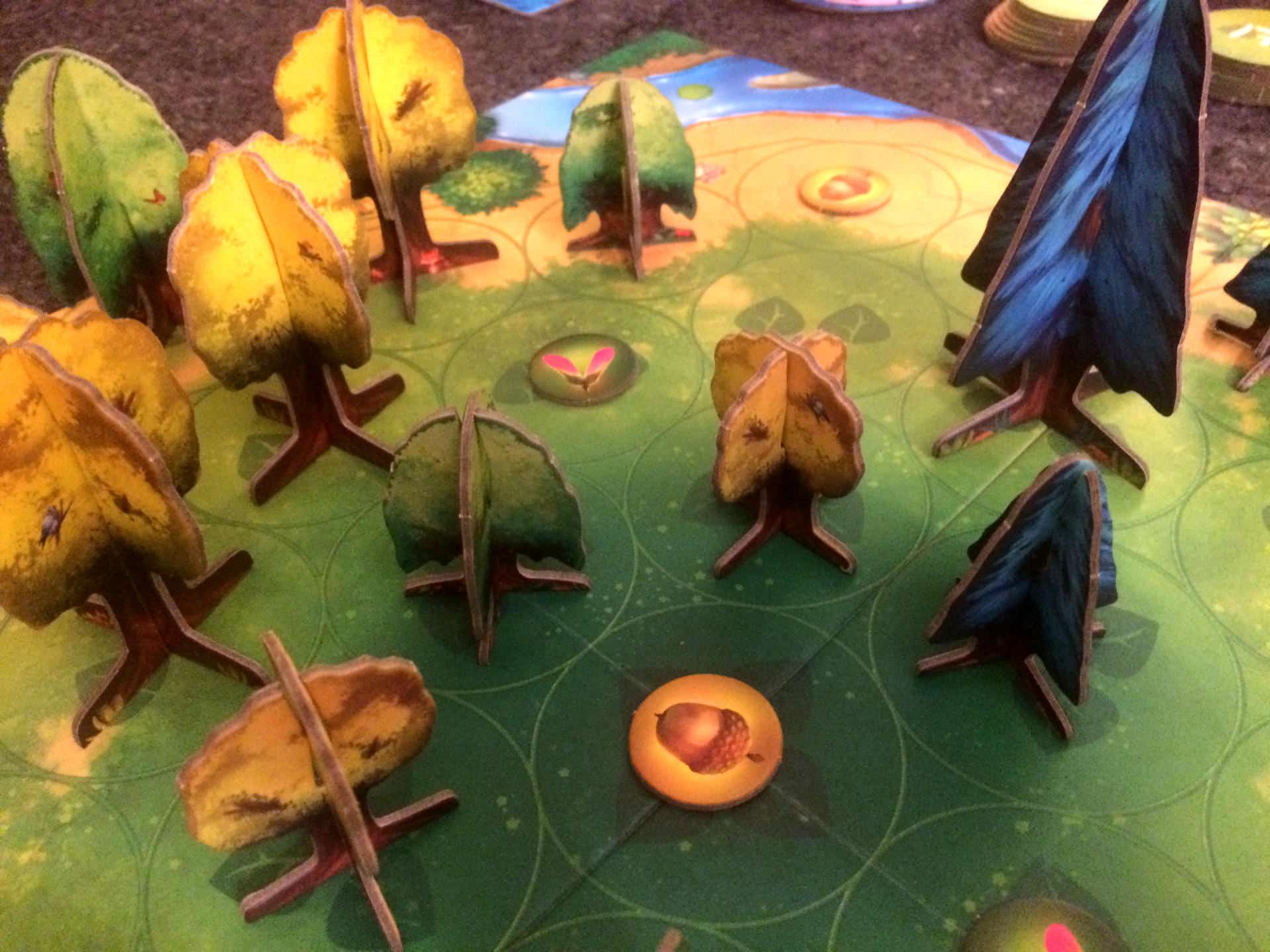
Photosynthesis (Saturday Review)
- Nelly
- July 30, 2024
- Board Games
Photosynthesis is a crucial process that occurs in green plants, algae, and some bacteria. It is the process by which these organisms convert light energy from the sun into chemical energy in the form of glucose. This process is essential for the survival of these organisms, as it is the primary way they generate energy to carry out their various metabolic processes.
The process of photosynthesis can be broken down into two main stages: the light-dependent reactions and the light-independent reactions. In the light-dependent reactions, light energy is absorbed by chlorophyll, a pigment found in chloroplasts, and is used to drive a series of chemical reactions that produce ATP (adenosine triphosphate) and NADPH (nicotinamide adenine dinucleotide phosphate).
These energy-rich molecules are then used in the light-independent reactions, also known as the Calvin Cycle, to synthesize glucose from carbon dioxide and water. In this stage, carbon dioxide is fixed by the enzyme RuBisCO, and through a series of reactions, glucose is produced. Oxygen is also produced as a byproduct of photosynthesis, which is released into the atmosphere.
Photosynthesis plays a crucial role in the Earth’s ecosystem as it is the primary way in which plants produce oxygen, which is essential for the survival of many organisms, including humans. Additionally, photosynthesis is the foundation of the food chain, as plants are the primary producers that are consumed by herbivores, then carnivores, and so on.
Understanding photosynthesis is important for a variety of reasons. It helps us appreciate the interconnectedness of all living organisms and the environment. It also has practical applications in agriculture and renewable energy. By understanding how photosynthesis works, scientists can develop more efficient ways to increase crop yields and harness solar energy for power generation.
In conclusion, photosynthesis is a remarkable process that is essential for life on Earth. It is a complex series of reactions that allow plants, algae, and some bacteria to convert light energy into chemical energy in the form of glucose. By studying and understanding photosynthesis, we can gain valuable insights into the workings of the natural world and develop new technologies to benefit society.




